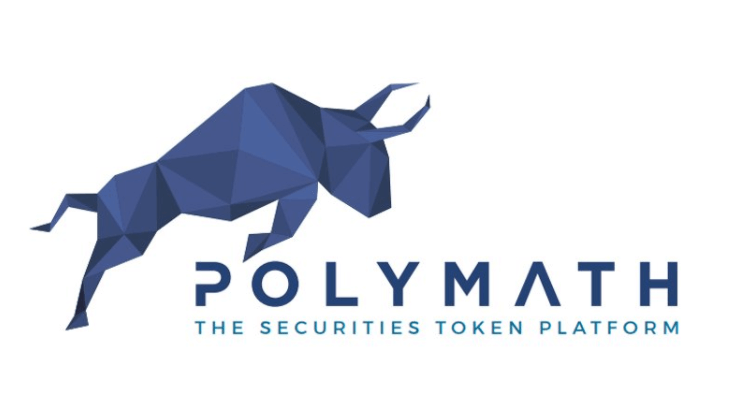
Toronto-based Polymath is building a securities tokens platform, enabling financial companies to launch their own asset-based securities easily and inexpensively.
The Polymath platform, officially launching on October 01, intends to serve as a “launch pad” for companies looking to create and issue securities tokens, and promises to automate the legal and technical functions of an initial coin offering (ICO). It aims to become the “open source standard for launching AML/KYC compliant financial securities.”
Polymath will enable digital tokens to represent shares in traditional financial assets, such as private equity, stocks, commodities, VC funds and real estate – “assets that function far better as tokens.”
“Today, securities like equities, bonds and private equity are the foundation of our modern financial system, and they are all stampeding towards the blockchain,” said Trevor Koverko, CEO of Polymath.
“But rather than sprinkle a bit of blockchain technology on top of outdated infrastructure, we are building an open source, decentralized framework from the ground up that is accessible to any asset owner looking to gain exposure to the booming cryptocurrency industry.
“So far, the response from the market has been overwhelming, and it’s enabled us to stack our team with the top minds in the industry.”
Several companies have already stepped up to begin the listing process with Polymath. These include SummerHill, Canada’s largest venture capital firm, Skyline Capital, a real estate investment trust, and Dominion Lending Centres, a mortgage broker network.
Polymath said it is targeting the multi-trillion dollar global securities market by “doing to securities tokens what Ethereum did for app tokens.”
“Our mission is to scale an intuitive platform that breaks down the barriers for issuers to launch new securities tokens in the same way Ethereum made it easy for developers to launch new app tokens,” said Koverko.
“At a fraction of the cost and time it currently takes to launch a securities token, Polymath-powered issuers will be able to launch custom tokens that can pay dividends, govern management, conduct proxy votes and collect fees – all while complying with global KYC/AML requirements via smart contract technology.”
The Polymath stack will comprise four layers: a protocol layer initially with Ethereum-powered smart contracts before transitioning to the Polymath blockchain, an application layer for issuers to easily create asset-backed tokens, a legal layer with a suite of legal tools and services, and an exchange layer for liquidity.
Polymath Tokens (POLY) will be used by platform users including issuers and investors to access the network as well as pay for services such as the creation and issuance of securities tokens, and KYC/AML verification.

